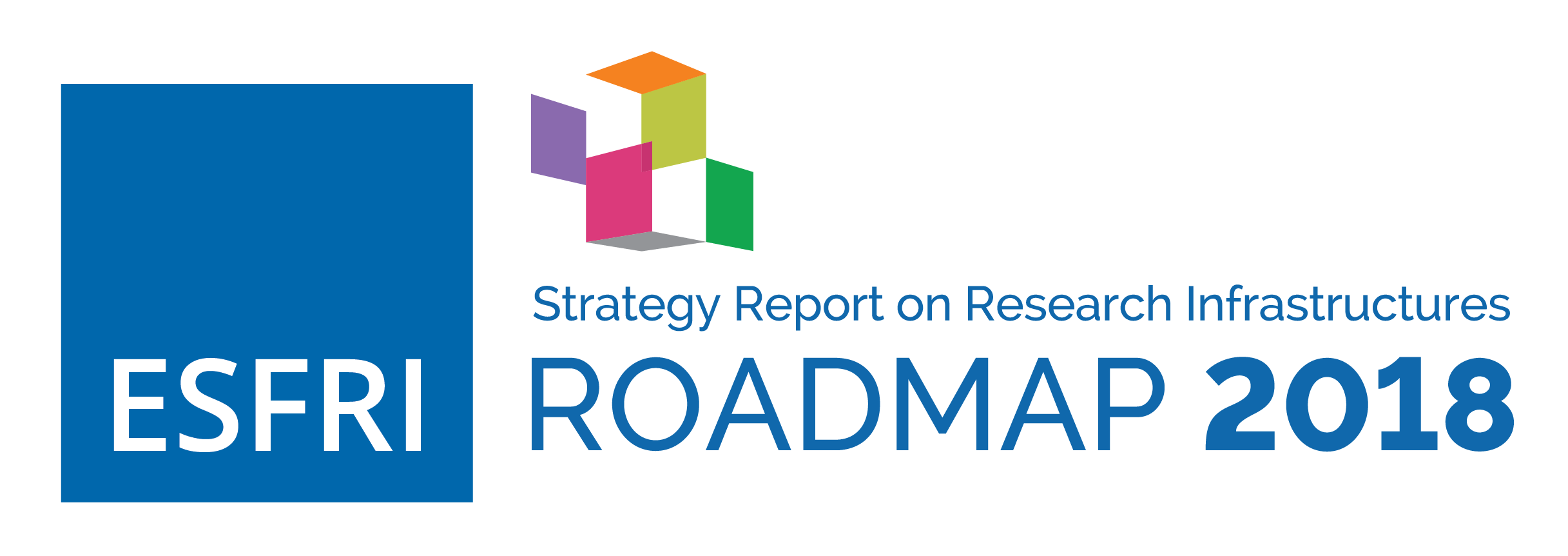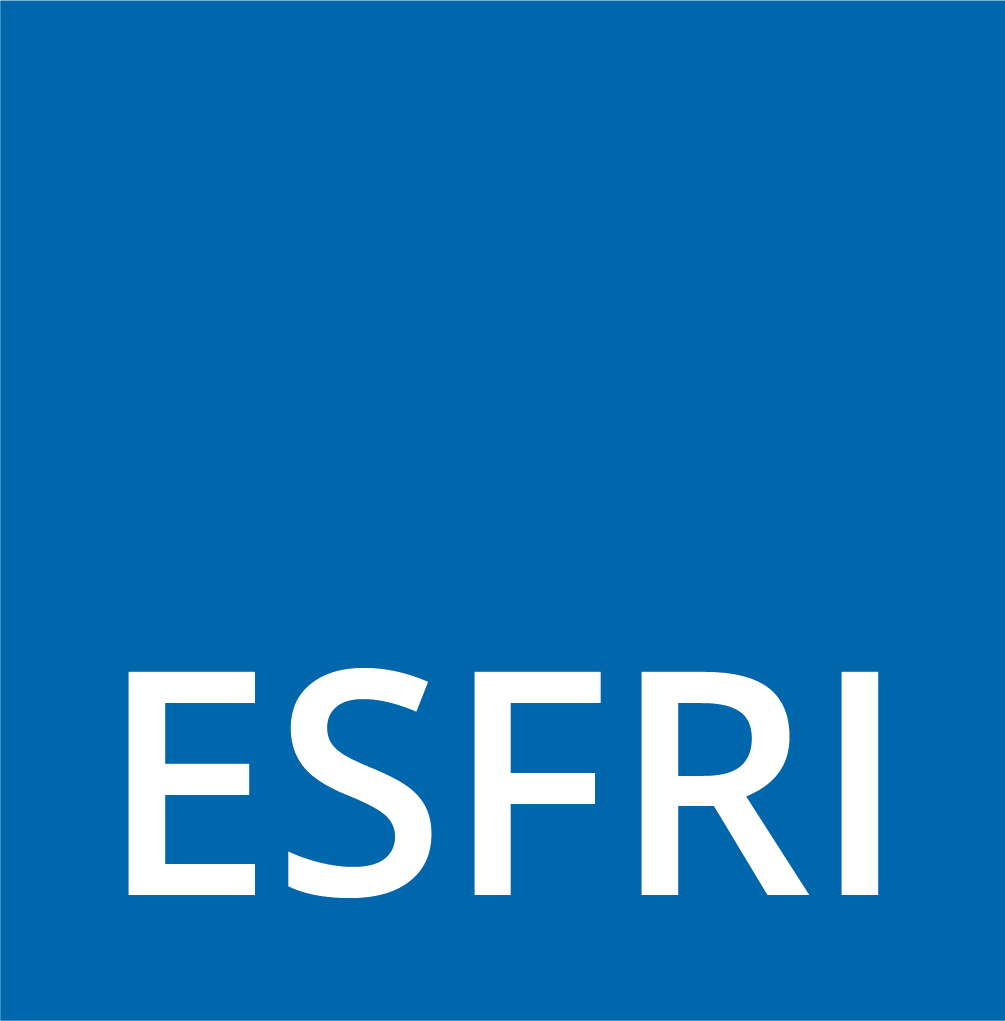The Health Challenge
There is a rising demand for health care in Europe and worldwide, brought by an ageing population with a complex disease-pattern and chronic diseases. Modern lifestyles further add to the costs, e.g. through increasing incidence of disease like diabetes type 2, cancer and infectious diseases. Moreover, changes in climate are likely to affect human health in Europe particularly in older people and those with chronic diseases (IPCC, 2014). Increase in the incidence of mental health problems also needs to be addressed. Developing relevant and effective prevention, screening, early diagnosis, treatment and rehabilitation, research questions call for research which is capable to use complex inter- and cross-disciplinary research models, technologies, and bridges between scientific disciplines and societyAdvice For 2016/2017 of the Horizon 2020 Advisory Group For Societal Challenge 1. Health, Demographic Change And Wellbeing, 2014 http://ec.europa.eu/transparency/regexpert/index.cfm?do=groupDetail.groupDetailDoc&id=15073&no=1 Shaping Europe’s Vision for Precision Medicine, 2015 http://www.permed2020.eu/_media/PerMed_SRIA.pdfThe Precision Medicine Initiative Cohort Program – Building a Research Foundation for 21st Century Medicine, 2015 https://acd.od.nih.gov/documents/reports/DRAFT-PMIWG-Report-9-11-2015-508.pdf, The next generation will have demands on the health and care community based on all information which can be accessed. This combined with an overall improved economic situation where tomorrow’s elderly will need to get the most effective treatment, prediction of illness and homecare. This is one societal challenge to be addressed and communicated. There is a need to continue bringing together leading healthcare companies across multiple industry sectors, public and private research centres, and top universities, to accelerate entrepreneurship and innovation in healthy living and active ageing for the benefit of all EU citizensEIT Health https://www.eithealth.eu/.
We are in a transition phase moving away from a one-size-fits-all approach into customised health care that is tailored to the needs of the individual. Personalised medicine focuses on the patients based on their individual clinical characterization. Precision medicine focuses on identifying which approaches will be effective for which patients based on genetic, environmental, and lifestyle factors. This transition towards customised health care is dataand knowledge-driven. The challenge of data- and knowledge- collection, management and stewardship for precision medicine is already beginning to be met by pan-European infrastructures like the ESFRI Landmarks ELIXIR, BBMRI ERIC, INFRAFRONTIER and others (see Figure 3), – including ethical, legal and social implications. For proper storage and smart retrieval of these data and knowledge, ICT for health is indispensable. Data relevant to precision medicine are not only generated in the laboratory and clinic. Citizens and patients are increasingly taking advantage of social media and app technologies to share information about their own health and lifestyle. Data shared by patients have already been used effectively for research purposes and it is apparent that this sort of citizen-led collaboration can serve to accelerate clinical research.

Figure 3. The indicative position of ESFRI Research Infrastructures relative to the different levels of organisation in the Health domain
The development of increasingly tailored interventions will require smooth translation − the ESFRI Landmark EATRIS ERIC (European Advanced Translational Research Infrastructure in Medicine) − and new clinical trial designs to take account of the shift in focus from population to well-defined cohorts of even individuals – the ESFRI Landmark ECRIN ERIC (European Clinical Research Infrastructure Network) and the complementary project EPCTRI (European Paediatric Clinical Trial Research Infrastructures), which is focused on paediatric clinical trials. The experience can be extrapolated to other designs involving relatively few patients, e.g. rare diseases. The EU launched a Consultative Group on the European Joint Programme (EJP) for Rare Diseases, in which the ESFRI Landmarks EATRIS ERIC and ECRIN ERIC, and the complementary project EPCTRI, are actively participating. The aim is to consolidate the transnational research on rare diseases through existing European platforms, and in the framework of the Horizon 2020 work programme 2018-2020, under Societal Challenge 1 - Health, Demographic change, and Well-being. Customised health-care is becoming one of the highly valued new possibilities for science and society. New threats, including pandemics, and exacerbation of diseases thought to be already eradicated, require the developments of innovative treatments and new strategies for the design of new drugs and potent vaccines – the ESFRI Landmark INSTRUCT ERIC (Integrated Structural Biology Infrastructure). Improved health-care will inevitably face the problem of the need for new therapies requiring bioinformatics − the ESFRI Landmark ELIXIR; experimental analysis of targets − the ESFRI Landmark INSTRUCT ERIC; medicinal chemicals and new biologicals − the ESFRI Landmarks EU-OPENSCREEN ERIC (European Infrastructure of Open Screening Platforms for Chemical Biology) and INSTRUCT ERIC; an integrated approach to modelling disease – the ESFRI Project ISBE (Infrastructure for Systems Biology Europe); and state-of-the-art imaging technologies – the ESFRI Landmark Euro-BioImaging (European Research Infrastructure for Imaging Technologies in Biological and Biomedical Sciences). In the case of emerging infectious diseases, as recently demonstrated by the Ebola outbreak, high-containment infrastructures will be crucial for new research − category 4 containment, the ESFRI Landmark ERINHA (European Research Infrastructure on Highly Pathogenic Agents) − including contained characterisation methods (category 3 and 4 electron microscopy). Important underpinning bioscience developments, such as the Human Cell Atlas, are in preparation. The Human Cell Atlas is an ambitious international programme with active participation by European countries, aiming to facilitate a comprehensive reference maps of all human cells as a basis for understanding human health and diagnosing, monitoring and treating diseaseThe Human Cell Atlas https://www.humancellatlas.org/The 2015 Ageing Report http://ec.europa.eu/economy_finance/publications/european_economy/2015/pdf/ee3_en.pdf The Data Mapping Project http://www.jpi-dataproject.euEIT Health https://www.eithealth.eu/aboutTowards Cleaner Air Scientific Assessment Report 2016 http://www.unece.org/index.php?id=42861.




